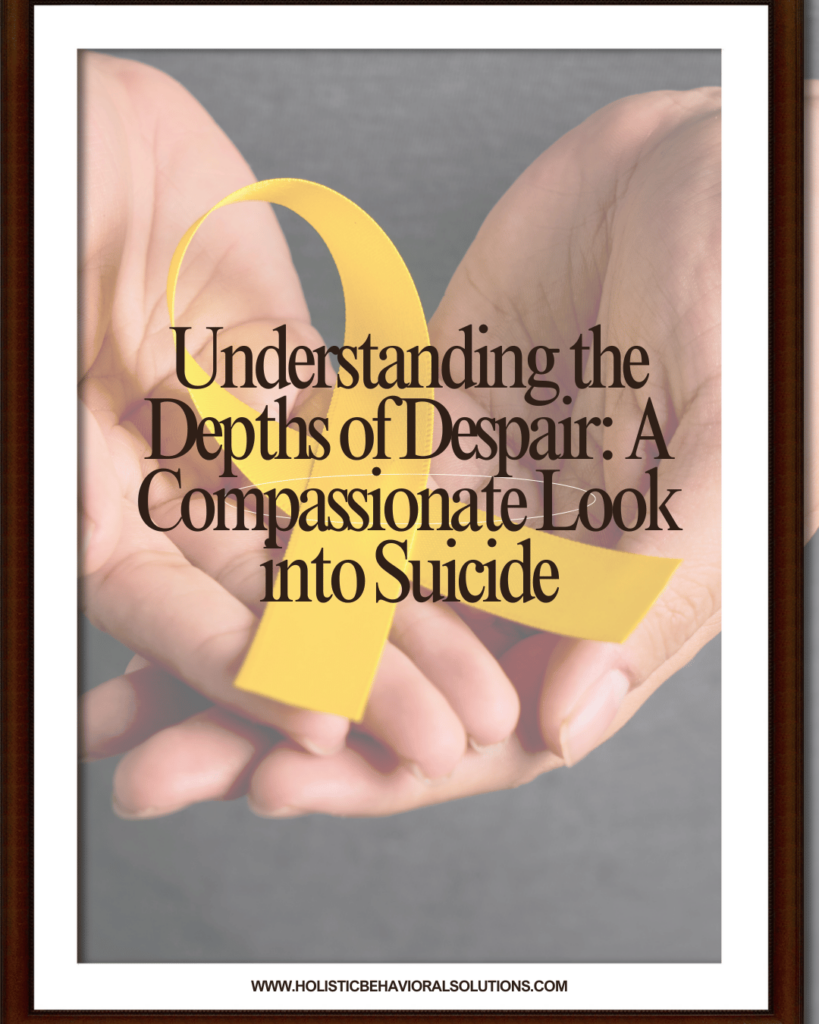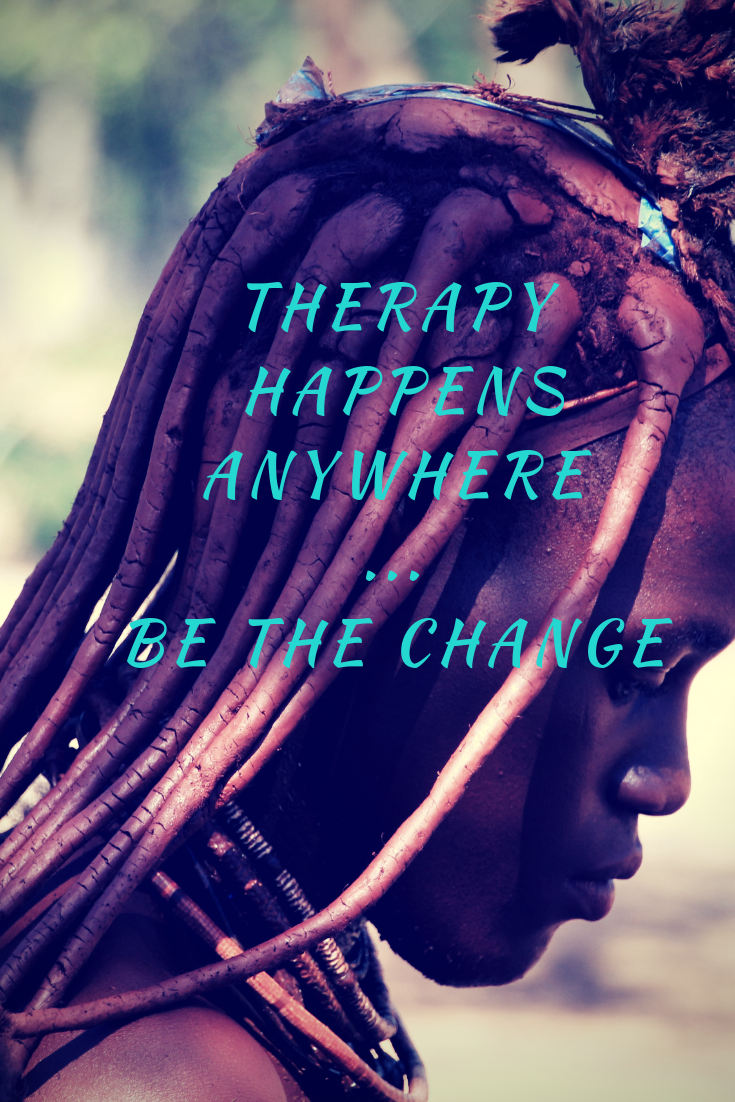
Why Suicide? RIP Kurt Cobain and Matthew Warren
In the quiet moments of reflection, we remember those that have lost their lives in the war against mental illness. The losses of iconic figures like Kurt Cobain and Matthew Warren to suicide reverberate through our collective consciousness, reminding us of the profound despair that can drive individuals to the brink. Suicide, a topic shrouded in stigma and sorrow, is the tenth leading cause of preventable death in the United States, signaling a pressing need for empathy, understanding, and open dialogue in our approach to mental wellness.
Why would someone choose suicide? What could compel a human being to “give away” the gift of life? If you haven’t been to a place of deep emotional despair and turmoil, it is difficult to empathize with the plight of those who have been to emotional “hell” and back. This morning, I woke to find that it was both the anniversary of Kurt Cobain’s death and also the announcement of Matthew Warren’s suicide this weekend.
The Unfathomable Decision
The decision to end one’s life is one that is often incomprehensible to those who have never skirted the edges of deep emotional despair. For those who have navigated the darkest corridors of their psyche, the concept of suicide can emerge as a tragic solution to seemingly insurmountable pain.
Unfortunately, suicide is an option for so many and is the tenth most preventable causes of death in the USA. As a therapist that has worked in acute treatment for many years, I don’t shirk from suicide. I look mental illness, emotional despair, depression, grief, fear and anxiety straight in the face and ask why? What problem will this suicide solve? How long has suicide felt like a way out? What has to happen today for suicide to no longer be an option.
At the same time, I realize that life must be so overwhelming for someone to get to this place at all and I respect that pain and the journey that one undertakes to fight back against those thoughts and emotions. It is a decision that is as complex as it is heartbreaking, rooted in a multitude of factors that can include mental illness, emotional anguish, and a profound sense of isolation.
The Many Faces of Despair
The stories of Kurt Cobain, the troubled genius behind Nirvana, and Matthew Warren, who battled with unyielding mental health challenges, are but two high-profile examples of the myriad personal battles waged in silence. Their losses highlight the indiscriminate nature of mental health struggles, cutting across the spectrum of fame, fortune, and familial support. These tragedies underscore the critical need for compassion and understanding in addressing the root causes of suicide.
The Role of Empathy in Suicide Prevention
As mental health professionals, it is our duty to confront the specters of depression, grief, anxiety, and fear with open hearts and minds. Suicide assessments are not merely clinical evaluations but opportunities to restore a sense of agency and hope to individuals grappling with the desire to end their pain. Questions that empower and offer perspective are pivotal in rekindling the will to find alternative solutions to life’s challenges.
The Path to Healing
For those considering suicide, feeling trapped in their circumstances or emotional states is a common thread. This sense of entrapment can eclipse the visibility of any escape routes from their despair. It is imperative to remind our loved ones and those we encounter in our professional capacities that there is always a path forward, a way through the pain that does not necessitate the ultimate sacrifice.
The Lifelines of Support
In moments of crisis, immediate intervention can be the difference between life and death. There are many questions in a suicide assessment, but the questions that restore power to an individual help to get some perspective. We should also make sure that they get to the nearest emergency room or screening center for more intensive help and treatment, at the very least they should call the national suicide prevention hotline.
Directing individuals to emergency services, screening centers, or the National Suicide Prevention Hotline can provide the urgent support and resources needed to navigate away from the precipice of suicide. Yet, beyond the immediacy of crisis intervention lies the broader challenge of cultivating environments where mental health is openly discussed, destigmatized, and prioritized.
Building a Culture of Compassion and Awareness
Creating a society that is attuned to the signs of mental distress and equipped to offer support requires a collective commitment to education, empathy, and proactive mental health care. It involves breaking down the barriers of stigma that prevent individuals from seeking help and fostering a culture where emotional wellness is valued as much as physical health.
The Power of Connection
At the heart of suicide prevention is the power of human connection. It is in the moments of shared vulnerability, open dialogue, and unconditional support that we can begin to dismantle the isolation that often accompanies severe mental distress. Working with both suicide and addictions, I see so many parallels.
Overwhelmingly, I see people feeling trapped. Regardless of lifestyle, income, status, or even loving friends and families, individuals who consider suicide feel that they are trapped and have no other options. Sometimes, the most empowering gift we can give our loved ones is the sense that there is a way back. By reaching out, listening, and offering hope, we can guide those in despair toward a horizon where life, with all its imperfections, is still cherished and fought for.
A Call to Action
As we reflect on the lives lost to suicide and the ongoing battle against mental health challenges, let us renew our commitment to being pillars of support for those in need. Let us educate ourselves and others, advocate for comprehensive mental health care, and extend our hands in empathy to those who are struggling. In doing so, we honor the memories of those like Kurt Cobain and Matthew Warren and reaffirm our dedication to a world where despair is met with understanding and hope is never out of reach.
If you or someone you know is struggling with thoughts of suicide, please reach out for help. The National Suicide Prevention Lifeline is available 24/7 at 1-800-273-TALK (8255). Remember, you are not alone, and there is hope.
Mental Health at the Holistic Store
That is heavy. At the same time, we are thinking that through, boost your connection from the inside out with our wellness supplements and supplies. Check out our store for products that help you feel your best, making it easier to open up and connect on a deeper level.

